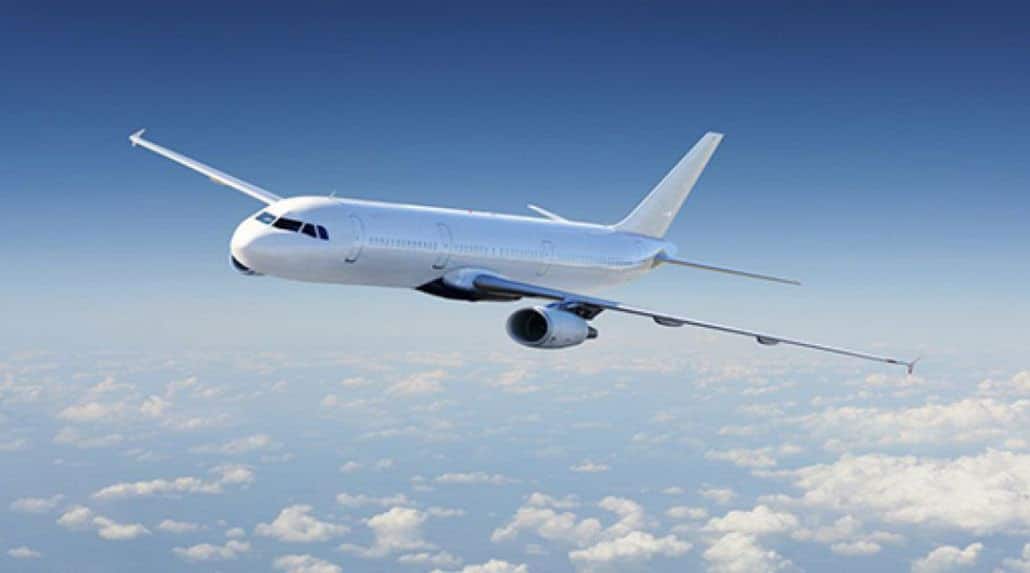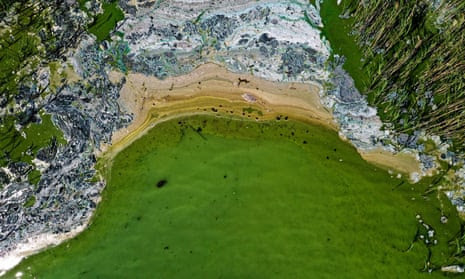
A German NGO, Atmosfair, has developed a carbon-neutral e-kerosene that will be tested in 2022 on flights out of Hamburg airport, and a factory will be set up to produce the new fuel on an industrial scale.
Designed to cut air traffic CO2 emissions by half, e-kerosene, produced from water and air in particular, has the advantage of being CO2-neutral, since the CO2 released by the engines corresponds to the quantity previously recovered from the atmosphere for its production.
This carbon neutrality will not prevent air traffic from continuing to have an impact on the environment, notably with the formation of condensation trails and ozone at high altitudes, which will continue to have an effect on the climate. However, Atmosfair estimates that the use of e-kerosene could halve the impact of aviation on the climate.
The Werlte plant that will produce this fuel will run entirely on green electricity from wind turbines and solar panels, and will also be able to produce hydrogen by electrolysis. It will also feature an air capture module to extract CO2 from the atmosphere.
The hydrogen produced will be transformed into e-kerosene at a nearby plant in Heide, before being tested on aircraft at Hamburg airport. The e-kerosene project developed by Atmosfair is part of a more global approach in which various solutions are beginning to take shape to offer alternatives to conventional aviation fuel, such as the project developed by Total energies concerning a biofuel produced from used cooking oil.
In Europe, regulations will gradually impose quotas on the use of biofuels, and France in particular is already planning to use 1% biofuels for aircraft from 2022, then 2% in 2025 and 5% in 2030.





